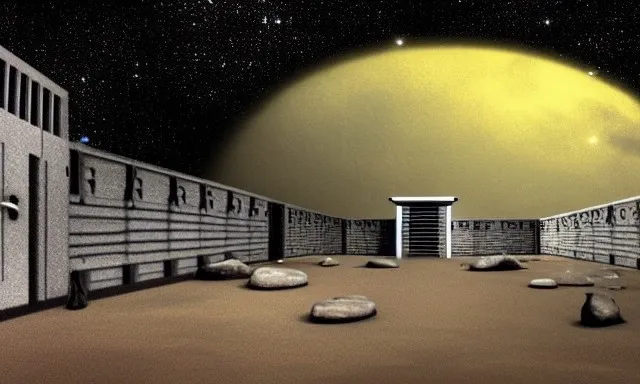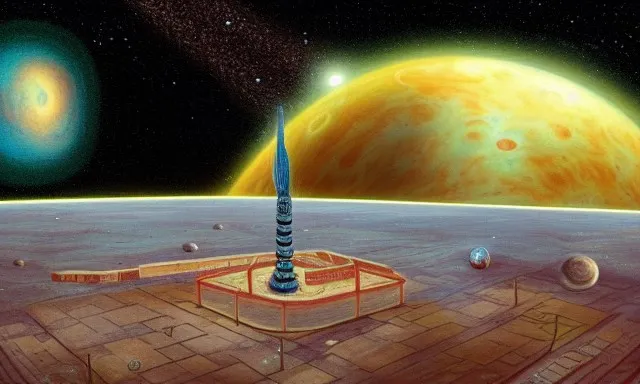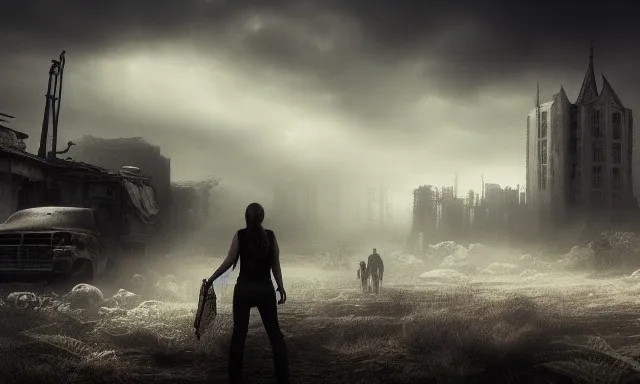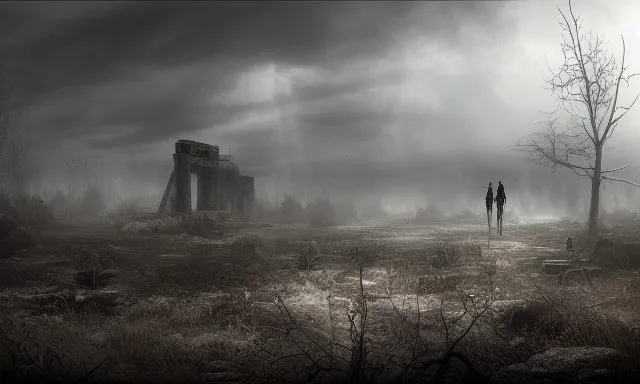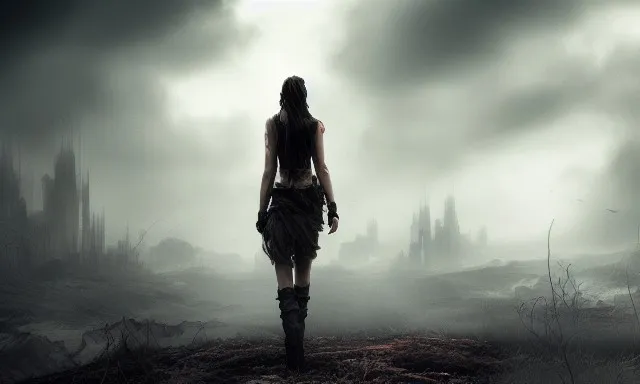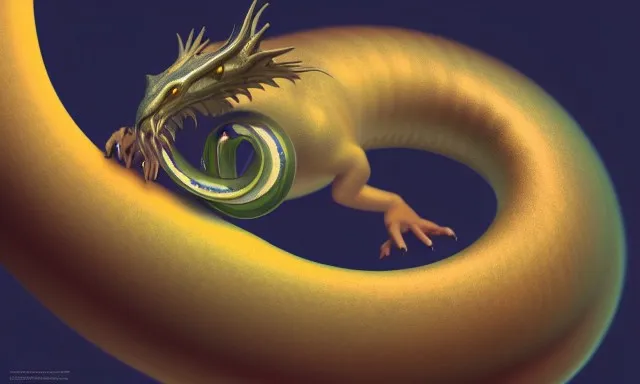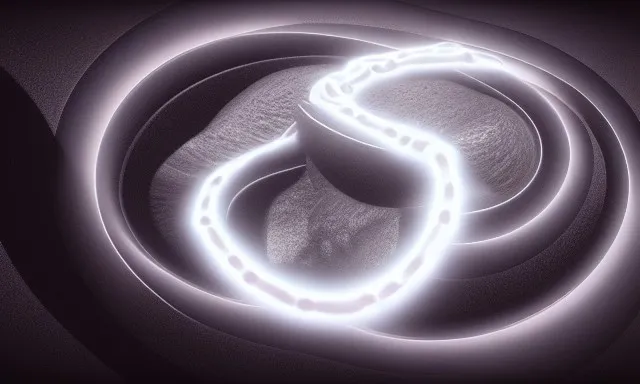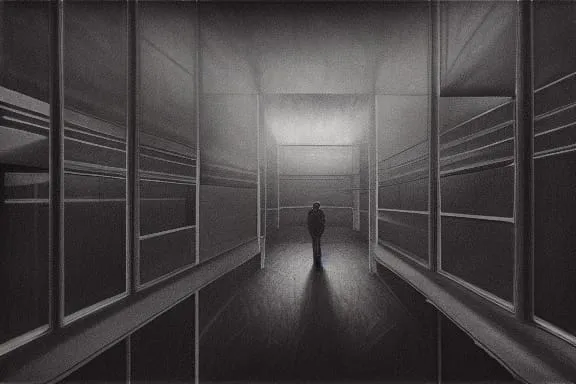
Have you ever wondered what our world would look like if it were ruled by the powers of darkness? Imagine that the evil and self-absorbed demiurge Yahweh, or Satan, or Lord Mara of the Buddhist tradition, held total dominion over the world. What could we expect to see?
If darkness ruled, we would have evil posing as sanctity, from the lowest of places to the highest places of power in order to breed shadow, to mislead and blaspheme against Truth.
Because the world would be a hellish quagmire of the soul, it would be forbidden to spare a child being born into it, so abortion would be categorically outlawed, as would those in unbearable suffering being provided the mercy of an assisted death. This is an attempt to seize the power of birth and death as its own hellish tool, yet the motives of darkness would be shrouded in a veil of righteousness and sanctity. Those enslaved to the powers of darkness would never see through that holy shroud into the hypocrisy behind it, and they would defend it to the death.
If darkness ruled, we would be told that the highest service to the peace of the world is to engage in warfare and destruction. We would be enslaved to the degree that we would find delight in the tools of destruction, claiming defence of the material body against danger as the highest religion. The darkness would insist by almost unseen increments of cultural pressure that its soldiers become religious fundamentalists in order that their sense of empathy for their enemies is disengaged and their primitive capacity for causing unbridled trauma with no recourse to conscience is potentiated.
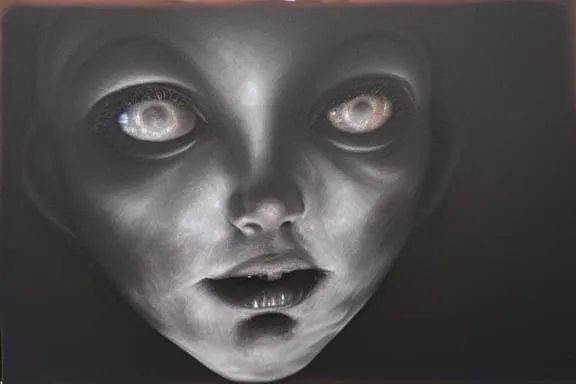
Darkness would have learned this from its much earlier experiments in interfaith warfare.
Darkness would entrain a culture prepared to be excited to kill. Being such a skilled liar, the darkness would have also learned the mastery of claiming that the brutality of these wars had nothing to do with inter-religious violence. It would also demand that its subjects carry out the most heinous of crimes against humanity under the banner of what they value most, which is a false sense of freedom offered conditionally by their patriotism for ‘their’ country (they would be convinced they were members of a country, not a world of people). The darkness would have found a way to take what makes them feel special and turn it back into what makes them feel separate, then use that as fuel for violence, domestically and globally.
If darkness ruled, every man woman and child would have the freedom of their souls bound to a new device like a mass-produced weirdstone. This demented implement would nefariously track their thoughts, by watching their faces, as well as by subtle twists of dark psychology tell them what to want and think, carefully implying where their allegiances lie.
It would also bestow great power, allowing them the illusory freedom of temporarily entering other dimensions, and have some of their most obscene fantasies seemingly materialise out of thin air. Such devices would be seen as novelties for the wealthy at first, but would soon be considered necessity even to the most poverty stricken in society.
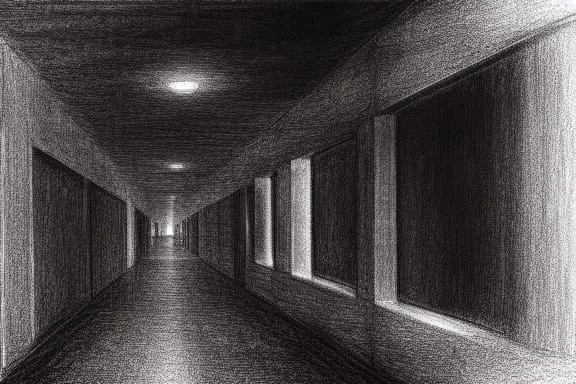
If darkness ruled, our leaders would not be in the least concerned with communicating truth. Nothing would be more important to avoid. They would first and foremost become perfectly adept at communicating mistruth before any other consideration came to mind. Since truth is like a lantern to darkness, as in psychopathy, their total focus would be fully entrained upon appearing to others how they intend to appear rather than ever once broaching the topic of truth.
What such leaders say must fit their agenda, otherwise it would never be uttered.
Such a trait would be so fundamentally objectionable in any social situation that they would be forced to rely upon entirely different personalities for dealing with humans in their personal lives so that they are not met with a sense of enduring horror. Selective slivers of this human aspect would also make its way to the media so that people were reassured of the leader’s fundamental humanity, despite not realising that this had been a most brilliant ploy.
If darkness ruled, every platform of media would be screaming and shouting with the distraction of what was the least important in life. We would have distraction and triviality marketed to us at breakneck speed, at the most oppressive volume. We would be up to our eyes in the refuse of the world which either comes to rest in our oceans or our brains, never to decompose or be removed unless the most revolutionary of actions is taken.
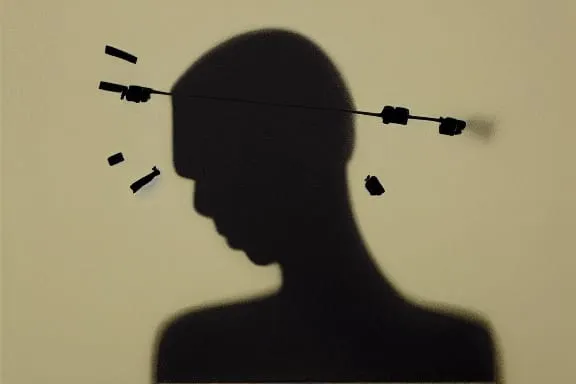
If darkness ruled, our natural resources would be stolen from us beneath our noses, sacrificing the freedom and well-being of every future child to be born on this planet for the fattening of billionaires’ already swollen coffers. Water that could not be bought would be destroyed at the source by nefarious means weakly claimed in ignorance, destroying the planet’s living systems, enforcing further scarcity onto an already overpopulated world of sad, lost, dying beings.
If darkness ruled, the power of the divine light would have been attempted to be stamped out at every occasion. Powers of darkness would strip the authentic specialness of any occasion to make room for a calendar in which each day is claimed to be filled up with misery and nonsense. The sacredness of nature would be seen as a threat, so inch by inch, it would be razed to make way for the Satanic altars of enslavement and mass production.
If darkness ruled, our ideologies would be so skilfully divided so that wherever your political allegiances lie your hand would be forced to support long-term dysfunction and harm.
If darkness ruled, you wouldn’t want to spend another minute under the spell of such a world, no matter how unwell your mind had been made in the process, demanding a steady supply of sickening thrills and demonic highs. Knowing about it would mark the beginning of the end of illusion, the power of the spell would begin to wane, and the only sane recourse would be to begin the process of detoxifying our souls and healing.
*
Simon P Murphy is a Nelson-based esotericist and philosopher, and author of His Master’s Wretched Organ, a brilliant collection of weird fiction stories.
*
If you enjoyed reading this essay/article, you can get a compilation of the Best VJMP Essays and Articles from 2021 from Amazon for Kindle or Amazon for CreateSpace (for international readers), or TradeMe (for Kiwis). Compilations of the Best VJMP Essays and Articles of 2020, the Best VJMP Essays and Articles of 2019, the Best VJMP Essays and Articles of 2018 and the Best VJMP Essays and Articles of 2017 are also available.
*
If you would like to support our work in other ways, subscribe to our SubscribeStar fund, or make a donation to our Paypal! Even better, buy any one of our books!

